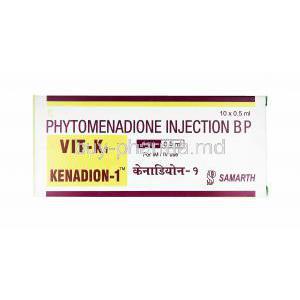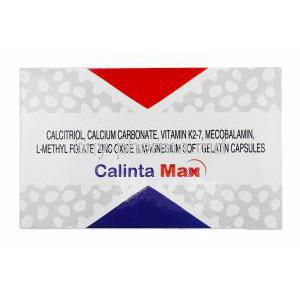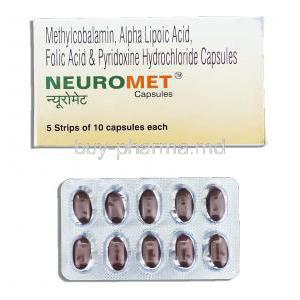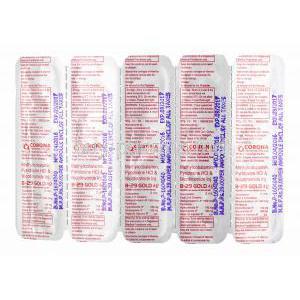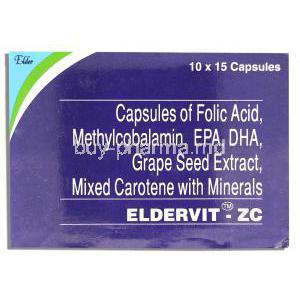Calcium
Uses
Calcium is used as a supplement in the treatment of nutritional deficiencies.
How it Works
Calcium is taken for treating kidney problems at times the levels phosphate can be too high in people with chronic kidney disease. Calcium works by bindinding to the phosphate and this allows phosphate to be removed, helping to keep the levels normal.Calcium supplements are also taken alongside other medicines for preventing or treating thinning of the bones causing osteoporosis.
Common Side effects
Patients who take Calcium may suffer from such side effects;
Kidney stone,
Flatulence,
Constipation,
Nausea,
Vomiting,
Abdominal bloating,
Altered heart rate,
Abnormal heart rhythm
Vitamin D3
Uses
Vitamin D3 is used as a supplement in nutritional deficiencies.
How it Works
Vitamin D3 works to help with the absorption of calcium from the stomach and for the functioning of calcium in the body.Vitamin D3 is used to treat or prevent many conditions caused by a lack of vitamin D, especially conditions of the skin or bones
Common Side effects
Patients who take Botulinum may suffer from such side effects;
Cough,
Difficulty swallowing,
Dizziness,
Fast heartbeat,
Hives or itching,
Puffiness or swelling of the eyelids or around the eyes, face, lips, or tongue,
Skin rash,
Tightness in the chest
Zinc Sulphate
Uses
Zinc Sulphate is used as a supplement for nutritional deficiency.
How it Works
Zinc sulfate is known as a mineral. Zinc sulfate works by replacing zinc in the body.Zinc Sulphate is involved in a number of body enzyme functions. Zinc Sulphate is important for the help of wound healing and for the senses of taste and smell.
Common Side effects
Patients who take Zinc Sulphate may suffer from such side effects;
Nausea,
Vomitting,
Severe allergic reactions
Vitamin K
Uses
Vitamin K is used as a nutritional supplement in the treatment of nutritional deficiencies, Blood clotting problems, Obstructive jaundice and Liver diseases.
How it Works
Vitamin k provides essential nutrients for people with vitamin K deficiency. Vitamin K also helps in promoting the formation of active prothrombin in the liver.
Common Side effects
Some of the potential side effects of Vitamin K can include the symptoms below
Altered taste,
Cyanosis,
Shortness of breath,
Flushing,
Skin erosion,
Increased bilirubin in the blood,
Decreased blood pressure,
Itching







